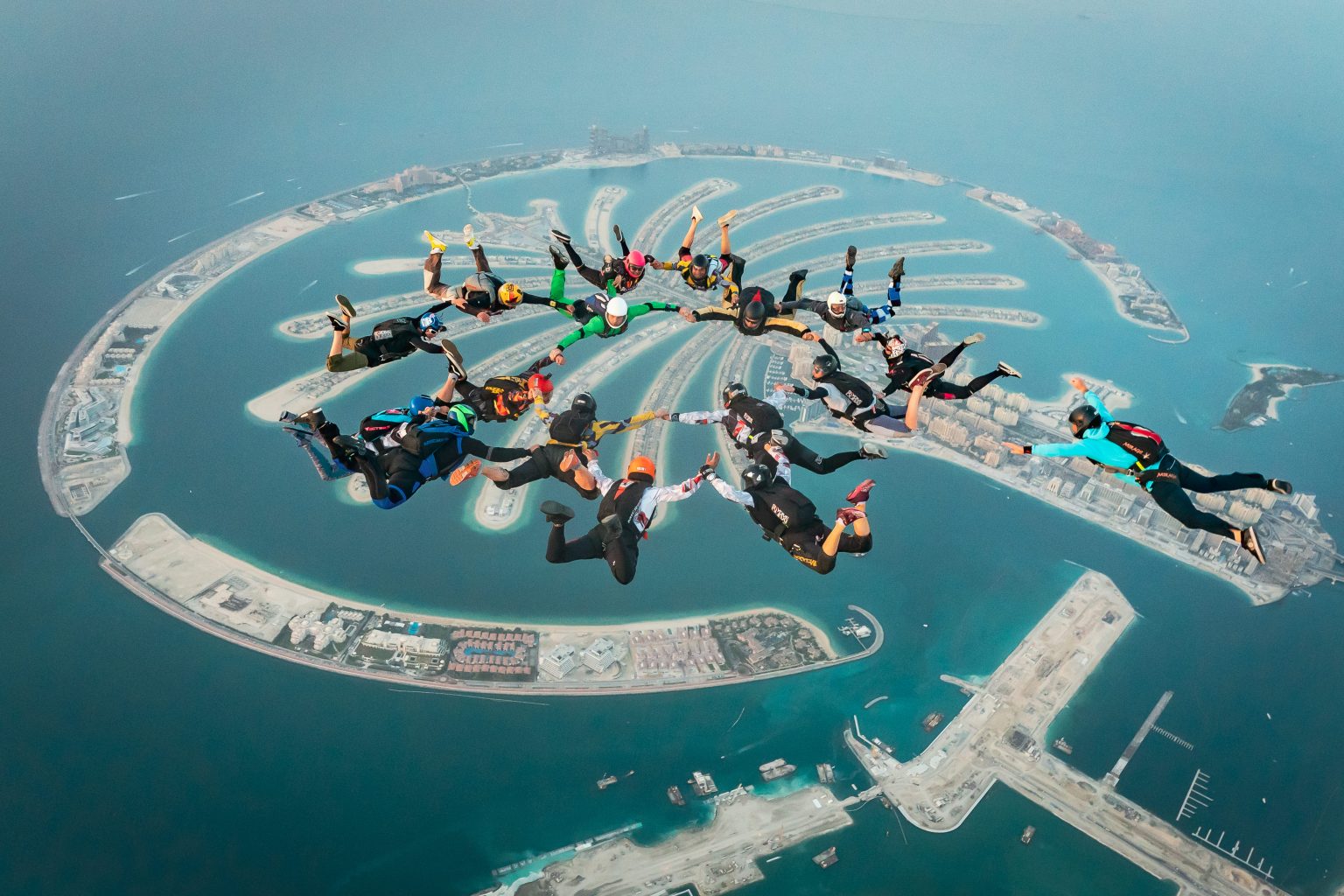
Understanding the UAE’s Experience Economy: New Shamal white paper shows residents are prioritising experiences over material goods
- 75% of residents are more willing than ever to seek, spend on, and prioritise experiences
- Professor of Psychology at Cornell University, Thomas Gilovich, credits social media and the need for self-documenting one’s daily life online, with the shift in priorities
- Experience Economy expert, B. Joseph Pine II, defines Dubai as the experience capital of the world, where people want to come visit and live
15 January 2025: Shamal, a diversified investment firm based in Dubai, has launched a new white paper entitled ‘Understanding the UAE’s Experience Economy’ dissecting the dynamic nature of the experience industry in Dubai and the wider Emirates.
The term ‘experience economy’, coined in the late 1990s by white paper contributor B. Joseph Pine II, refers to an economy in which value is achieved by moving away from the simple production of goods and delivery of service, in favour of creating and staging experiences designed to generate value. The white paper – based on Shamal’s UAE Experience Survey – was written to offer a comprehensive deep dive into the current experience economy in the UAE, with the aim of driving conversation around its continued evolution.
The research reveals a notable shift in demand from goods to experiences and highlights rising preferences for entertainment, dining and travel, with a trend towards local exploration rather than international adventures. Notably, social media, family, and friends strongly influence experience choices, while the pursuit of authenticity, hyper-personalisation, and digital innovation continue to shape the experience landscape.
B. Joseph Pine II, Experience Economy expert, contributed: “Dubai is the experience capital of the world. They got into the experience business to become a place where people want to come and tour and where they want to come and live. It is the creation of new-to-the-world experiences out of whole cloth. That requires a high degree of innovation.”
For those in the UAE, an experience is defined as something memorable, new or never attempted before, although weight is also given to trusted experiences. Eight out of 10 survey respondents said they allocated a specific budget for enjoying experiences at least once each month, and a quarter would happily spend more. When looking for information or inspiration, around two-thirds head for social media or turn to friends or family, with less than a fifth relying on direct communication from a brand.
Understandably, the beach and sea feature strongly in must-haves for short experiences, and family fun is the top choice for a weekend break. Shows and concerts are popular, and bucket list experiences include a yacht trip, skydiving, hot air ballooning and riding in a helicopter.
Thomas Gilovich, Professor of Psychology at Cornell University and Co-director of the Cornell Center for Behavioral Economics and Decision Research contributed: “There’s been more and more research supporting the notion that people get more enduring satisfaction from their experiential purchases than their material purchases. Historically, we have sought out bigger and better things to buy. We now live in a world where there are bigger and better and more exciting experiences to pursue as well.”
In addition to in-depth interviews with thought leaders, the white paper shares insight and opinion on the shift from spending on material purchases to experiences, and why experiential consumption benefits those within the economy from a psychosocial perspective. An analysis of external factors affecting the experience economy, such as population, technology, innovation and strategic diversification, is also offered.
Abdulla Binhabtoor, Chief Executive Officer of Shamal, concluded: “Dubai’s experience economy is witnessing unprecedented growth, as highlighted by the latest statistics from the World Travel & Tourism Council. Our research underscores a common theme: the need to design experiences that create deeper resonance. As social beings, we naturally seek meaningful interactions and connections—experiences provide the platform for these remarkable moments. At Shamal, we are dedicated to cultivating the extraordinary, and we believe that this white paper will inspire transformative opportunities that contribute to a richer, more memorable experience economy for the UAE.”
As the owning company of some of Dubai’s most unique and iconic leisure and entertainment destinations, Shamal continues to invest in extraordinary experiences across all its assets including Kite Beach, Dubai Harbour, Five Guys, Skydive Dubai, XPark, XDubai, and Jumeirah Zabeel Saray.
The full white paper can be viewed here.